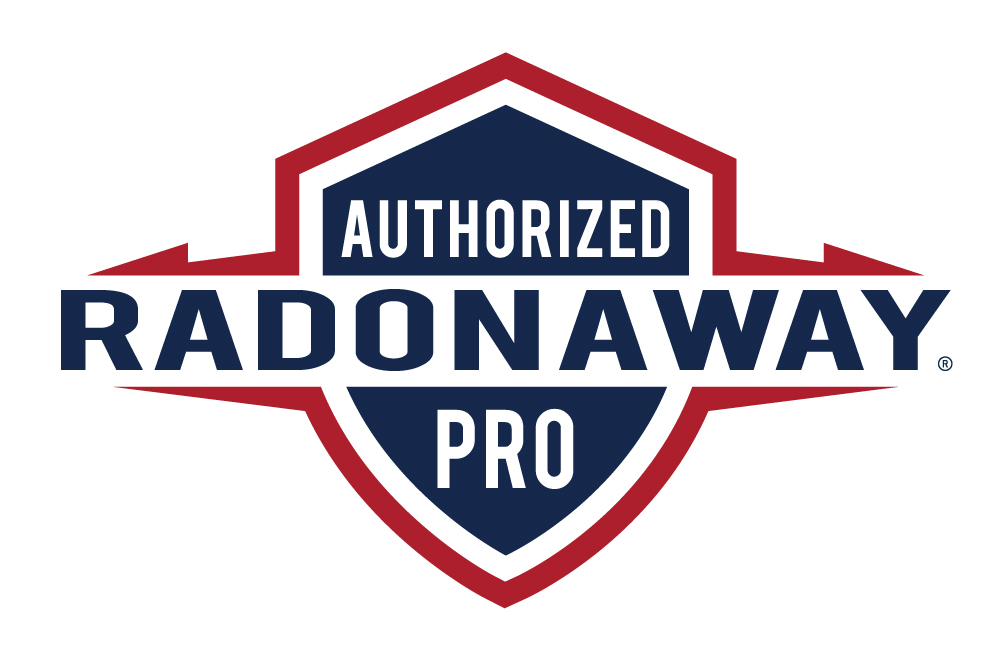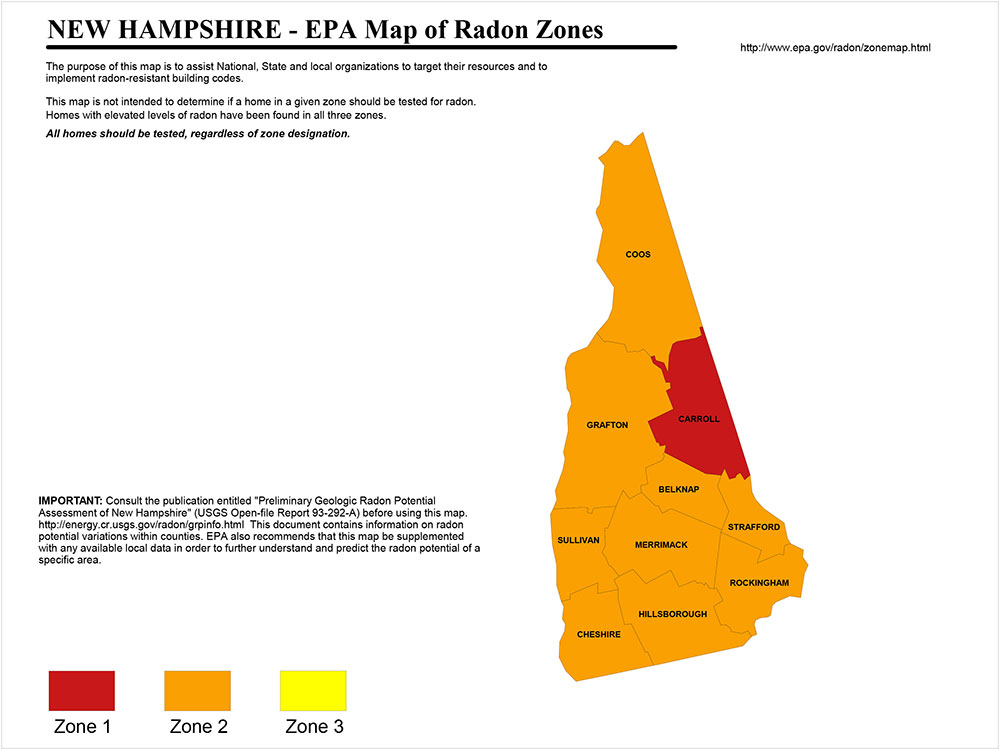Find a Professional Radon Contractor in New Hampshire
New Hampshire is filled with a myriad of amenities along with scenic trails and picturesque communities, making this New England state one of the most highly sought after areas to live in the country. While NH offers quaint cottage-like homes, both new and old, every household should be tested for radon.
Hiring a Radon Contractor in New Hampshire
 Whether you’ve already tested for radon in the air or water, or you’re curious about radon levels in your home, fill out our form to get in touch with a radon professional. RadonAway works with a network of experienced and detailed radon contractors who have performed countless radon mitigation procedures. These radon mitigators will gladly come to your New Hampshire home and test for radon in your water or air or recommend a qualified radon testing professional. If elevated levels of radon are found, your radon mitigation professional will provide the best course of action to help you avoid radon poisoning in your New Hampshire home.
Whether you’ve already tested for radon in the air or water, or you’re curious about radon levels in your home, fill out our form to get in touch with a radon professional. RadonAway works with a network of experienced and detailed radon contractors who have performed countless radon mitigation procedures. These radon mitigators will gladly come to your New Hampshire home and test for radon in your water or air or recommend a qualified radon testing professional. If elevated levels of radon are found, your radon mitigation professional will provide the best course of action to help you avoid radon poisoning in your New Hampshire home.
Understanding the Impact of Radon Poisoning
Radon is an odorless, radioactive gas that is produced from the breakdown of uranium in water, soil and rock. Entering homes from under the foundation and traveling upward, radon moves through cracks in concrete floors, sump pumps, loose pipes and construction joints. When radon is in well water, it can easily be transmitted into the air of your New Hampshire home. Due to the bedrock geology, New Hampshire is known to have some of the highest levels of radon. In areas that lack proper ventilation, radon levels are more likely to increase. Smokers have a substantially greater risk of developing lung cancer when around high levels of radon. In New Hampshire alone, there are about 100 lungcancer deaths every year. An estimated 60,000 homes in New Hampshire have high levels of radon and need mitigation. The highest levels tend to occur more frequently in the northern, eastern and southeastern areas in the state tend to have elevated radon levels.
Reducing Your Health Risk for Radon
Per the U.S. Surgeon General and USEPA, every room below the third floor should be tested for radon; minimally, test the lowest livable areas. EPA recommends mitigating radon when the level is above 4.0 pCi/L and to consider mitigating when levels are between 2 and 4 pCi/L. By hiring a radon professional for mitigation services, the level of radon in your home can be greatly reduced.
Radon Testing in New Hampshire
Radon testing is a seamless process that doesn’t interrupt the day, however, many homeowners ignore this crucial step to keep their family safe. Both long-term and short-term radon test kits are easy to purchase and they’re very affordable, regardless of your budget. A long-term radon test is your best bet when it comes to determining radon levels in your home. Make sure all windows and doors are closed in your New Hampshire home at least 12 hours before testing for radon. If you have tested and found levels under 4 pCi/L, it’s still important to test when the seasons change. Especially during the winter, radon levels can increase so it’s best to test for radon in New Hampshire every couple of years.





Validate your login